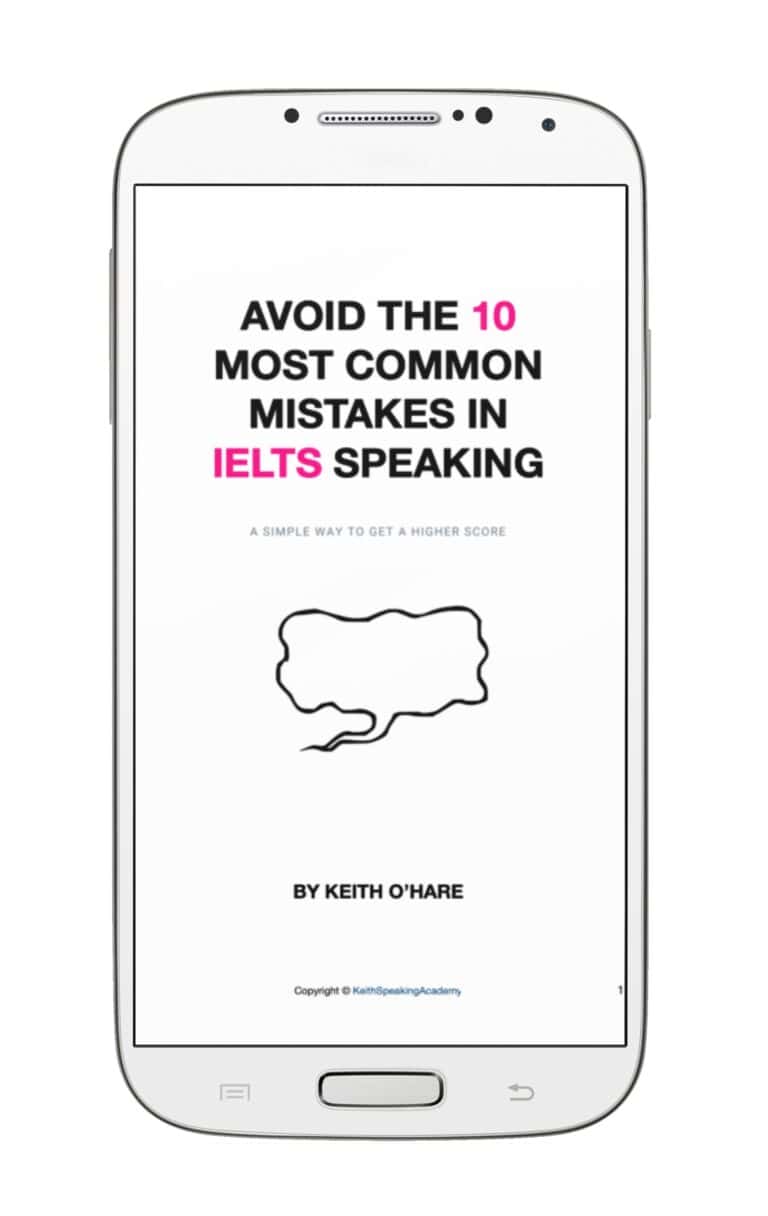What Motivates Us?
When I recently asked some English teachers to share ideas about how to motivate students to learn English, there was a lot of interest.
So, I wanted to share some ideas with you and see what you think. First of all,
What is motivation?
There are two kinds of motivation;
- Intrinsic
- Extrinsic.
The first, intrinsic motivation, is where someone does something because they love it, and the drive (motivation) comes from inside them.
The second, extrinsic motivation, is where the ‘push’ comes from outside, an external reason the student has to do something, for example, the need to pass an exam.
However, do note, the student has to recognise the value of the external reason. If a teacher tells a student that English is important, but the student doesn’t agree, this is not extrinsic motivation.
In this case there is no motivation.
With both intrinsic and extrinsic motivation, the student is motivated, but the source of motivation is different.

What about motivation when studying for IELTS?
For many students they have extrinsic motivation to study for IELTS.
They don’t love it, but they have a need to ‘pass’ the exam, and so they are motivated to study.
On the other hand, some students may actually love IELTS, and enjoy studying for it, or they may enjoy the process of learning English and so they like studying for IELTS. For these students they have intrinsic motivation.
To be clear, in both cases, the students are motivated.
Personally, I think intrinsic motivation is usually stronger, but maybe not always.

How to Motivate Young Learners
It is generally much easier to get young learners to be intrinsically motivated. I think creating a love of learning should a teachers key goal. As one wise primary school teacher and director once said to me,
‘Once you have them in your pocket, you can do anything with them’
Here are some simple ideas on how to motivate students to learn English when they are young children.
- Smile and make sure you are motivated to teach.
- Find out about your students. Discover what they like. Take a deep interest in them and show you care.
- Make sure young learners understand what you want them to do. Whenever possible, show rather than tell.
- Change pace and activity frequently. Share your energy and enthusiasm with the student, and they will follow you
- Get young learners to do things, get them involved. Learning by doing is very powerful for kids.
- Combine sitting with moving, but make sure you can control them to be sitting again when you want.
- Encourage learning by trying something and making mistakes.
- Have them work in pairs sometimes. A ‘teacher to student’ dynamic can be tiring for both students and teacher.
- Use reward much more than punishment. This may involve a rewards systems like ‘stars’ for good work, but be careful, don’t overuse it.
“Raise your words, not your voice. It is rain that grows flowers, not thunder.” – Rumi
How to Motivate Teens to Learn English
- Use real life and relevant examples
- Set realistic goals. You can even involve them in setting and agreeing the goals.
- Build them up, don’t knock them down. Words can easily knock a teenager down, make sure you use positive and encouraging language.
- Respect every single student. There are no ‘stupid’ students, only students who are weaker today, and who can be stronger tomorrow.
- Give feedback so students know what went well and where they need to improve. Don’t evaluate or criticise the person, just evaluate the behaviour.
How to Motivate Adults Learners
- Find out about your students, including their working and personal lives. See them as people, not just students. Continually build trust with them, the more they trust you, the more likely they are to follow you.
- Create relevant learning experiences.
- Connect learning to their real lives. Make sure they can see why they need to learn something.
- Use a problem-solving approach rather than explaining rules.
- Use humour.
- Involve them in making their learning goals and choosing learning activities.
- Make sure they know why they are doing each activity.
- Give them independence and responsibility, do not spoon-feed them.
- Make learning visible, so they can see the progress they are making.
Why is Motivation Important?
When someone is motivated, they will spend the time and energy doing something, and so they are more likely to get the results they need.
There is an important caveat (a warning).
Culture plays a strong role in teaching, learning and motivation. What works in one culture, may not work in another, because of cultural differences.
Please, be aware of the need to think about new ideas, try them out, then reflect and adapt them to your situation.
These are some ideas, now, what do you think? How do you motivate students?
Leave a comment below, by sharing we can all learn together as a community.


To impetus the intrinsic motivation, which is more effective to my eyes than the extrinsic one, is to do videos serving different styles of learning. For example, visual learning style.
Nice idea Rasha – thanks for sharing
Thank you for your all professional ideas and practices that really hooked my interest as an English teacher, hoping to learn quite more from your stunning insight into language learning. I am Cüneyt from Turkey. Also thank you for your humble kindness.
Thank you for your comment Cüneyt, I am glad I have hooked your interest!
Greetings,
Sir, I had my Ielts GT speaking exam yesterday. And have a question regarding the same. My examiner was not letting me speak. For part 2 before 2 mins I was interrupted and part 3 started… the same interruption was throughout the test. Will this have a negative impact on my score. I have done IElTS’s before and speaking I always score band 7 or 7.5 but now I am not sure.
Moreover we had to have our mask on. Not sure if the recording was even clear. What should I do?
Don’t overthink things. All examiners will ensure sound recordings are of good enough quality. Wait for your result now.😄
The examiner can interrupt at any moment after 1 minute, and they usually let you talk at least 1.5 minutes, so don’t worry if it was less than 2 minutes. Interruptions in part 3 are normal and part of the evaluation strategy, so again, don’t worry. Sit back, relax and wait for your result.
Train student to be task – oriented and show the beauty of an activity that one can enjoy doing it .
I like it – thanks for sharing!
Very useful ideas thank you.
We have to mention particular cases such as stubborn students or those who have had problems during last educational years. These students might lower your pace in teaching and they need a special treatment.
Great point Zahraa, and the need to motivate children who are lagging behind has never been stronger, especially in these times of COIVD and lockdowns.
Awesome article with lots of points to remember! In addition to these points, I believe that we should help our students focus on learning instead of their performance. It is also important to understand that every student moves at their own pace and pushing their limits is not always the best solution. We should certainly understand the difference between motivation and pressurisation.
Excellent points Shakun – I agree, we often focus on performing and testing, when really the most important thing is learning.